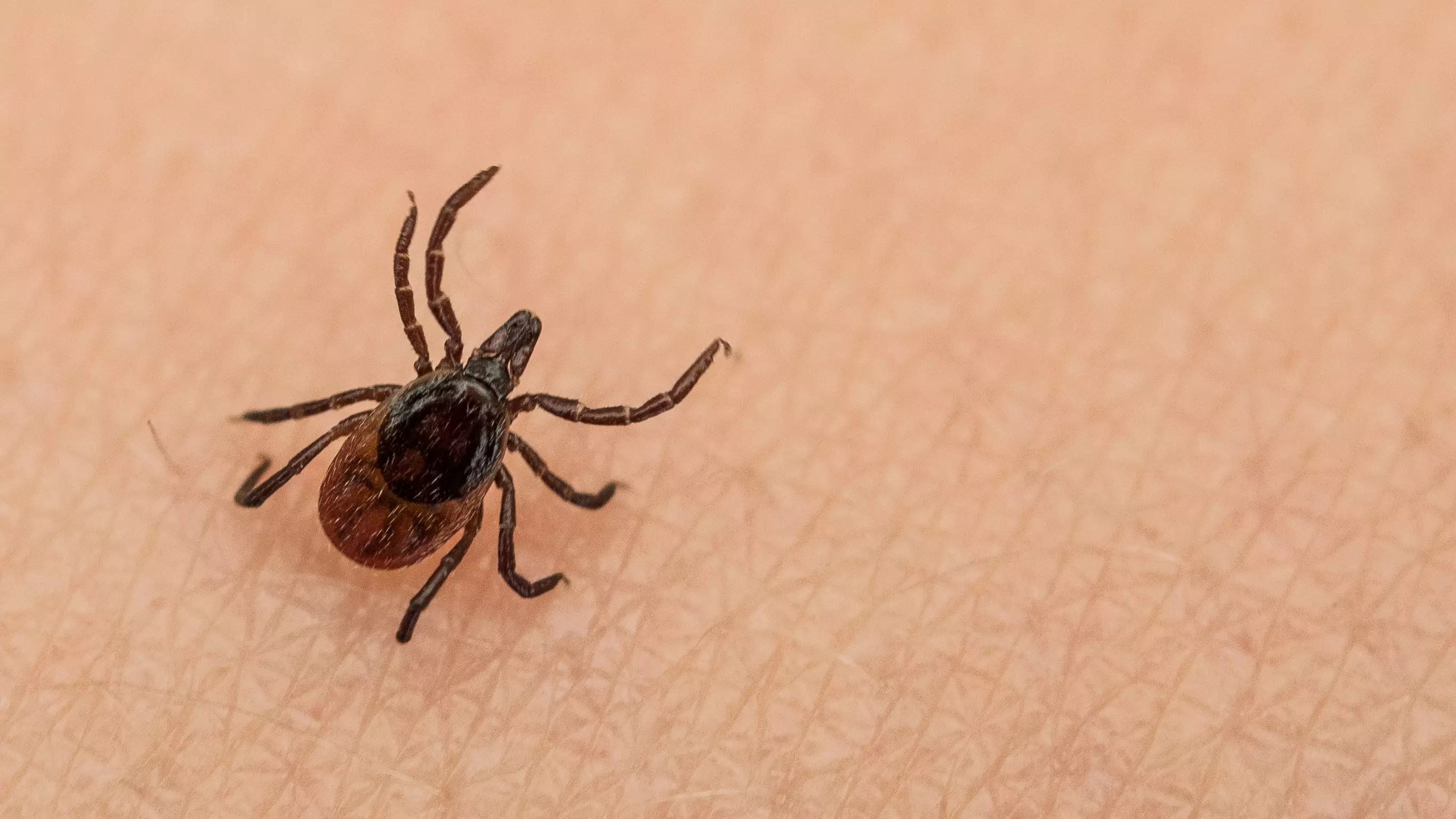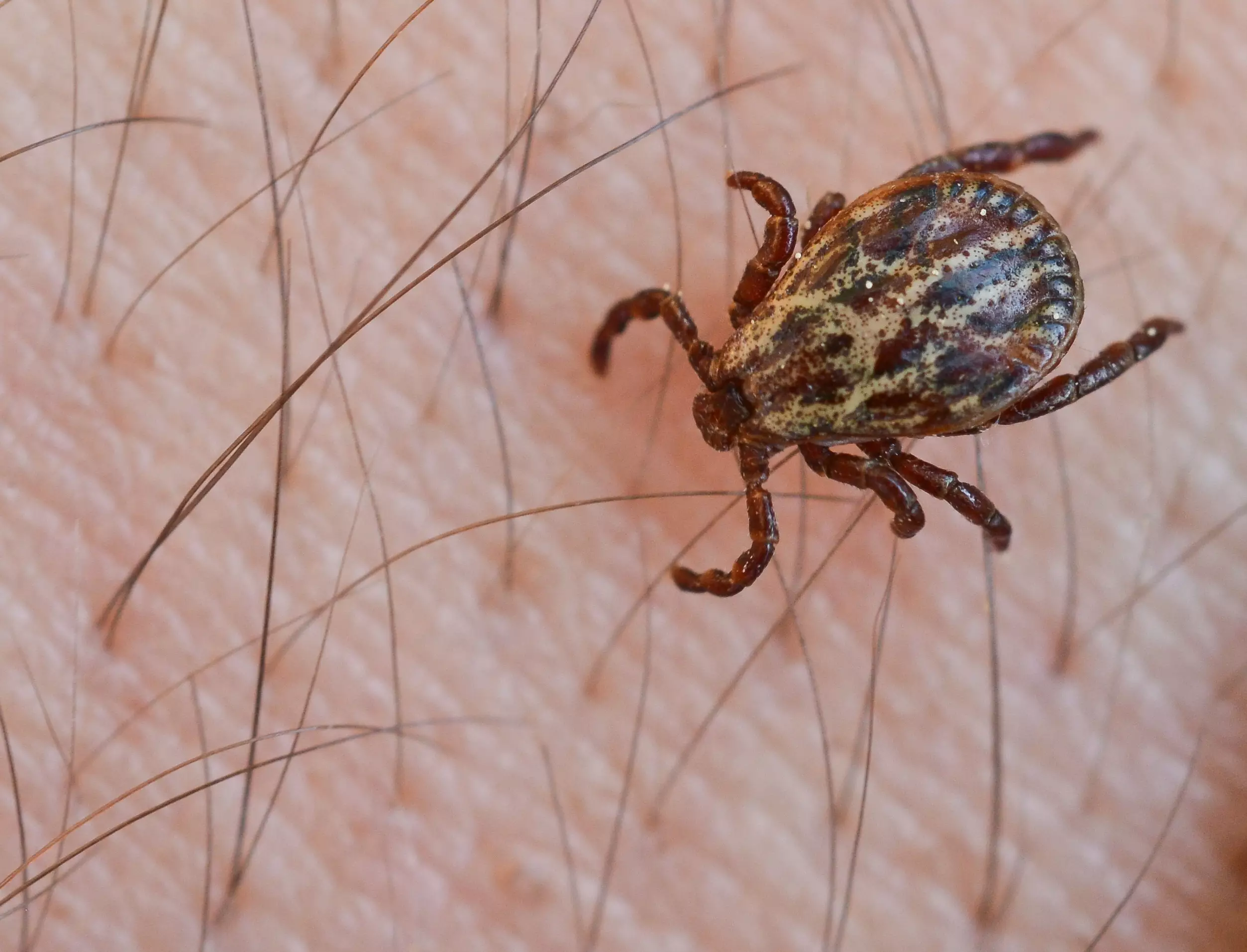
A tick-borne parasite which can cause sufferers to endure a malaria-like illness has been reported in the UK.
According to reports, the dangerous organism, Babesia venatorum, has been discovered in sheep in the Scottish Highlands.
Babesiosis has been likened to malaria as it is a parasitic blood infection which has mirroring symptoms, including chills, headaches, fever, and nausea.
Advert
Not everyone who is infected demonstrates symptoms but it can be particularly dangerous to those with a weakened immune system, leading to organ failure and even death.
The study - which was published in Emerging Infectious Diseases - was carried out by researchers at Glasgow University. Scientists identified the Babesia venatorum organism in 11 out of 93 sheep in the north-east of the country.

And while the university did not disclose the specific locations of the finds, they confirmed it had been detected on two farms in the Highlands' east coast.
Advert
As none of the animals had been imported from other countries, researchers were confused as to how the parasite had made its way to Scotland. It is believed it may have been brought over by migratory birds flying from Scandinavia.
But it's not just the UK that is under threat, cases have also been reported in Austria, China, the US, and Italy.
As a result of the latest find, specialists are now warning walkers and hikers about the potential risk it poses.
Speaking about the latest find, Willie Weir, senior university clinician, said: "The presence of B. venatorum in the UK represents a new risk to humans working, living, or hiking in areas with infected ticks and livestock, particularly sheep.

"Although we believe the threat to humans to be low, nevertheless local health and veterinary professionals will need to be aware of the disease if the health risk from tick-borne disease in the UK is to be fully understood.
Advert
"Our findings follow the recent report of the detection of tick-borne encephalitis virus in the UK.
"Taken together, these findings signify a change in the landscape of tick-borne pathogens in the UK and the underlying causes for this need to be investigated."
This represents the second bout of tick-borne illnesses reported in the British Isles this past year. In October, Public Health England (PHE) confirmed the brain infection encephalitis was being spread by ticks in Hampshire, Norfolk, and Dorset.
And while the PHE said the chances of catching the virus were very low, they stated that 'there is the potential for human contact'.
Featured Image Credit: PA